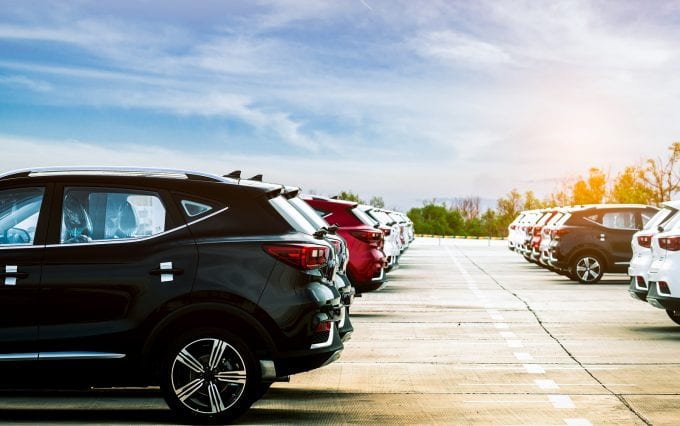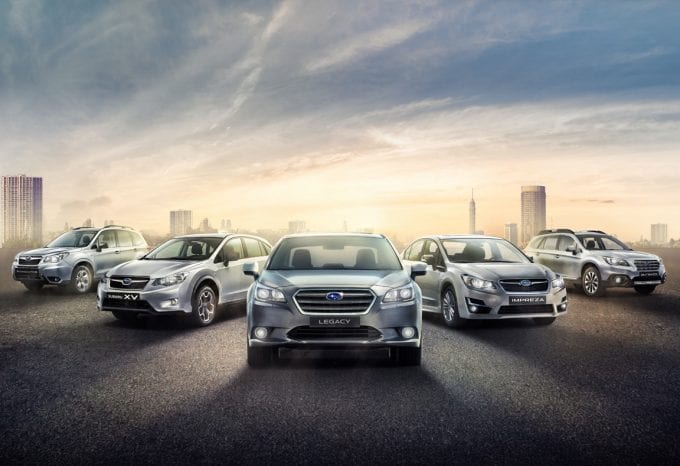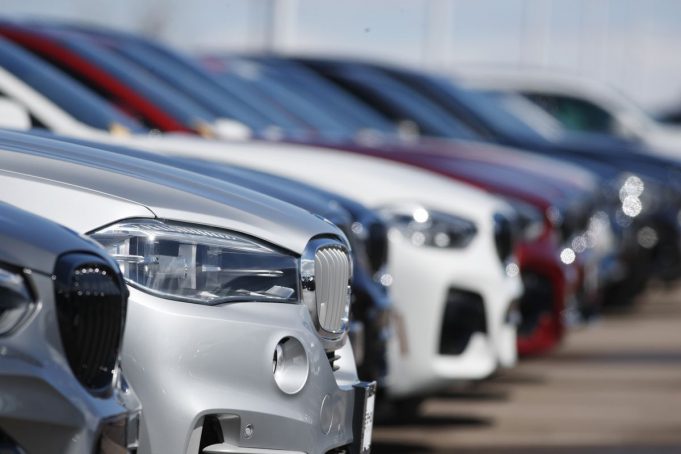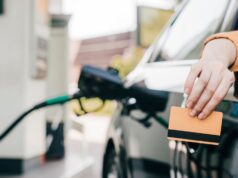Businesses of all kinds are losing revenue due to the Coronavirus pandemic, and they have a variety of problems they need to overcome.
Businesses that are heavily impacted during these times are the car dealers themselves. Much like any other industry at the moment, car dealers were supposed to make huge profits in March. March is the ideal month of the year for this industry since people tend to buy new vehicles at this time.
However, profits for March were on a record low of 44%, and this is the lowest it has ever been since the 2008 recession. This isn’t the case only for the United States, with European and Asian countries registering similar losses.
With such low registered profits, what exactly are the causes of it? In this article, we are going to dwell deeper into the 5 business difficulties for car dealers during the Coronavirus pandemic.
1. Lack of Customers and Sales

Without a doubt, we can safely assume that businesses are suffering most because of the lockdowns. Nearly every country but a few are currently in lockdown.
This means that freedom of movement is either limited or completely none existent.
This mostly results in people being unable to visit car dealers but also because there is a level of financial uncertainty at the moment.
Nearly every industry has forced its employees to take salary cuts to maintain operations. With slashed salaries, people are reluctant to make big purchases such as a brand new car.
Companies from all over the world are registering record-low sales quotas and are failing to meet their usual numbers. Brands such as Jaguar and Land Rover, which are typical elite brands of automobiles, have suspended production and manufacturing of new units due to the financial uncertainty and restrictions.
These brands follow the steps of Honda, Vauxhall, and Nissan, with others likely to follow in these steps.
As of March, almost 90% of all automobile production in the United States is put on hold due to the lack of sales and customers visiting dealerships.
2. Online Operations

Because of the lack of movement and reluctancy for people to purchase new vehicles, car dealerships are forced to shut down physical stores and migrate to the internet.
It seems that businesses that have a fully functional website are the ones that are coming out on top of this crisis. People are still buying things although not making luxury purchases.
A brand new car of the scope of Land Rover is considering a luxury buy, so there is no need for these dealerships to maintain their physical locations.
But offering a platform where people can still enquire and even buy their products is of utmost importance. That’s why nearly 85% of all dealerships have opened and even rebranded their websites.
3. Security and Safety

People have also expressed their security and safety risks when purchasing used cars. Since a car dealership also sells used automobiles, it wouldn’t be that strange if a dealership tried to sell you a car that isn’t what they say.
With businesses going bust left, right, and center, this simply reinforces people’s fears. Some businesses are desperate to maintain operations and will do everything in their power to do so.
That’s why you need to take certain security and safety measures when purchasing a used car.
For example, one security feature is to check the automobile’s VIN. A VIN holds every piece of information you need to know about the vehicle in question. It holds the car’s history report, how often it has visited the repair shop and tons of other information.
Make sure to visit vinfreecheck.com as one of the best services that provide a free VIN check on any automobile.
4. Incentives For Purchases

Some of the big brands that still want to maintain operations offer exclusive incentives for their customers and they even enforce them through their respected dealerships.
For example, Ford dealerships offer the “Peace of Mind” incentive which allows customers to delay payments up to six months from the time of purchase.
This incentive is put into action to give customers a push when needing to buy a new vehicle. A survey from Car Wow has concluded that up to 56% of respondents are planning on purchasing a new car in the coming months.
This means that even in times of financial insecurities, people still plan on purchasing their dream car.
Another incentive comes from Hyundai named “Assurance Job Loss Protection”. This incentive is supposed to help out customers that have lost their jobs due to the Coronavirus pandemic but have purchased a car from one of their dealerships.
Same as Ford, the incentive delays payments up to six months if the vehicle has been purchased between March and April. For more accurate information about the date in question, you’d have to read more about the incentive itself.
5. Motivation for Advertising

A lot of industries have decided to stop all types of operations, which also include their advertising campaigns.
While this is quite the smart move since no one is motivated to purchase new things and belongings. But the car dealers think differently.
Instead of halting activities and riding out the storm, car dealers are pretty active when it comes to mass advertising. The automotive industry, in general, has spent more than $180 million on TV, social media, and Google advertisements in March alone.
This is probably due to the incentives that brands are pushing for, and some are even showing ads to showcase how well they’re responding to the pandemic.
Others are creating advertisements to show how professional their dealerships are. They show and explain their emergency policies, such as no-contact or vehicle drop-offs in hopes to motivate people to come in and purchase a vehicle.
So in general, the car dealerships and wider automotive industry are experiencing a lot of business difficulties due to financial insecurities. On the other hand, they also make a pretty good job of offering people ways to pay for new or used cars through incentives that offer some financial security.








